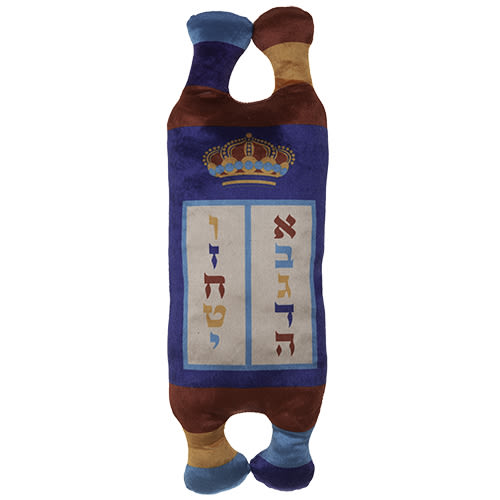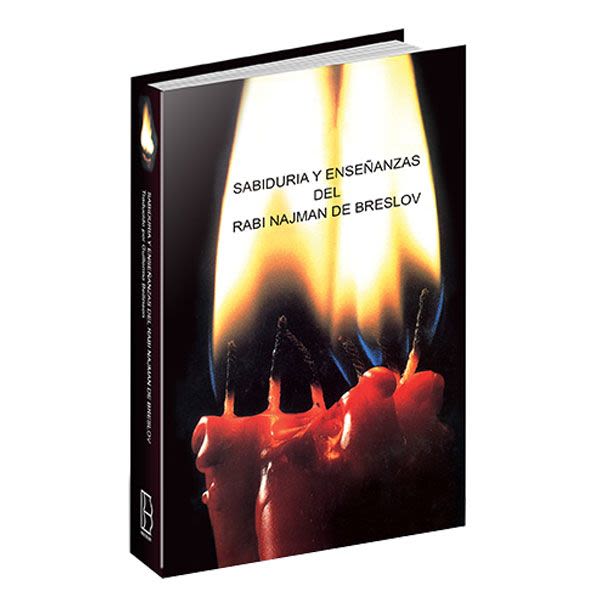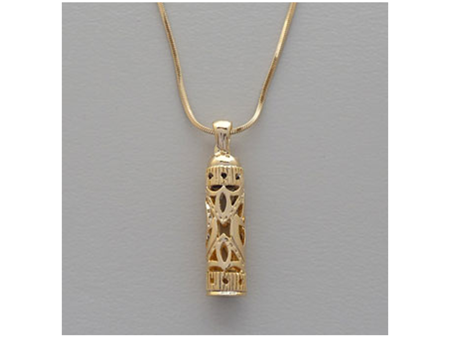
Bamidbar: The Power of Pidyon
At first, the holy service of the tabernacle and the sacrifices was intended for the firstborn of Israel...

"Hashem spoke to Moses saying, 'Take the Levites in place of every firstborn of the Children of Israel… and as for the redemptions of the 273 firstborn Israelites who are in excess of the Levites; you shall take five shekels from each one'" (Bamidbar 3:44-47)
At first, the holy service of the tabernacle and the sacrifices was intended for the firstborn of Israel. Parshat Bo teaches (Shemot 13:2) that every firstborn is sanctified. Hashem selectively and miraculously spared the firstborn of Israel at the same time and place when He killed the firstborn of Egypt. Therefore, the firstborn were born into a special sanctified status with extra privileges and extra responsibilities, namely, completely dedicating their lives to Divine service.
Although a negligible number of Israelites took active participation in the ignominy of the golden calf, collective responsibility rendered the firstborn Israelites unfit for service in the tabernacle and other priestly duties. Insofar as the Levites refrained from any involvement in the golden calf, they were perfect candidates to replace the firstborn of Israel. This was quite a tidy solution, especially since there were 22,273 firstborn Israelites of service age, and 22,000 corresponding Levites of service age. Moses was left with a problem: What’s to be done about the 273 Israelites that don't have a corresponding Levite to replace them?
Hashem gave Moses the solution – let each of the excess Israelites, who would be determined by drawing lots, pay a 5-shekel pidyon, or redemption. As such, they shall be fully absolved of the tremendous spiritual debt they incurred by being disqualified to perform their duties as the priests of Israel.
In effect, the tradeoff of a Levite for an Israelite was a soul for soul. Since the 5-shekel pidyon became – by Hashem's own command – an Israelite's acceptable substitute for a Levite, we learn that the pidyon has the power of replacing a soul! This has tremendous practical ramifications to this day, for a pidyon – given to a tzaddik – has the power of sweetening the severest of judgments that may hang like a heavy hatchet over a person's head, heaven forbid.
Reb Natan of Breslev advises (Kitzur Likkutei Moharan I: 51.2), that a person shouldn't wait until encountering trouble; he or she should give a pidyon to a tzaddik even in good times, to cleanse their spiritual slate of any accrued severe judgments, to prevent future trouble. He also says that giving food and drink to Torah scholars also serves as a pidyon.
With Hashem's assistance, the following parable will help us understand how a pidyon – or redemption money to a tzaddik or Torah scholar – is so very effective in warding off calamity:
The hamlets of the Jewish Ukraine consisted of wooden houses with thatched roofs. If a fire broke out, heaven forbid, the entire shtetyl would be a pile of ashes by the time the bucket brigade descended to the river and back.
The clever people of Podol learned their lesson after having witnessed their homes and possessions going up in smoke every other year. They took a unique initiative, and built a large shed. Inside the shed was a sturdy horse-drawn wagon, equipped with two tremendous barrels filled with water. Itche-Meir, the shtetyl genius and mechanical innovator, contrived a hand-drawn pump that would siphon the water from the barrel through a metal pipe that Honya the blacksmith made in his smithy. As a result, Podol's barrel brigade had ten times the water-power – in speed and in volume – as the best of the shtetyl bucket brigades.
After the local peasants stole Podol's horse and fire wagon for the second time, the people of Podol decide to build a big door to seal off the shed. Under Itche-Meir's careful direction, Honya built a massive lock for the heavy door. They had to protect the fire wagon at all costs, for it had already successfully extinguished half a dozen blazes that would have otherwise consumed the entire shtetyl.
One hot summer day, a spark from Mrs. Klebanoff's oven set her house on fire. Everyone smelled the smoke, and the urchins of Podol were already running to and fro yelling "fire, fire!" The men of Podol raced to the fire shed, but the door was locked! They all yelled at each other, "Who's got the key?" Nobody had an answer, and meanwhile the fire from the Klebanoff house was spreading in the direction of the Turlitzky house.
"Where's Itche-Meir?" someone yelled. "He's got the key!"
"Oy-vey!" exclaimed Chaimke the baker. "Itche-Meir's gone to his nephews wedding in Zhitomer. He won't be back until next week!"
Just as the clouds of doom seemed to descend on Podol, Honya the blacksmith came running with the key to the fire shed, a spare that he had made for himself. The Klebanoff house was a total loss, but the rest of the shtetyl was saved after the firefighters of Podol and their trusty wagon overcame the blaze in the nick of time.
The shtetyl fire is symbolic of our troubles. The fire wagon represents chessed, the divine compassion that extinguishes din, or severe judgment. Just as the key in the blacksmith's hand unlocked the fire wagon, a pidyon in the hand of a tzaddik invokes the needed compassion to extinguish the fires of severe judgment. May Hashem sweeten all harsh judgments and redeem His people Israel, amen.












Tell us what you think!
Thank you for your comment!
It will be published after approval by the Editor.